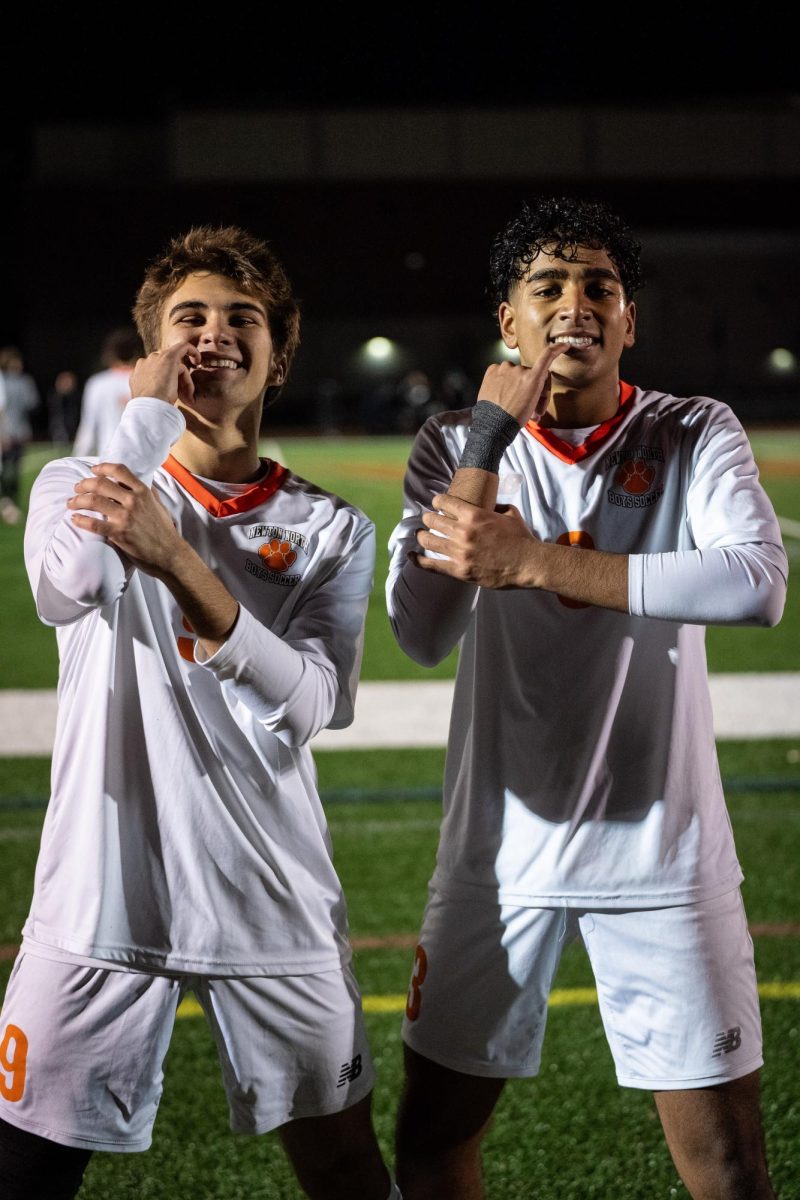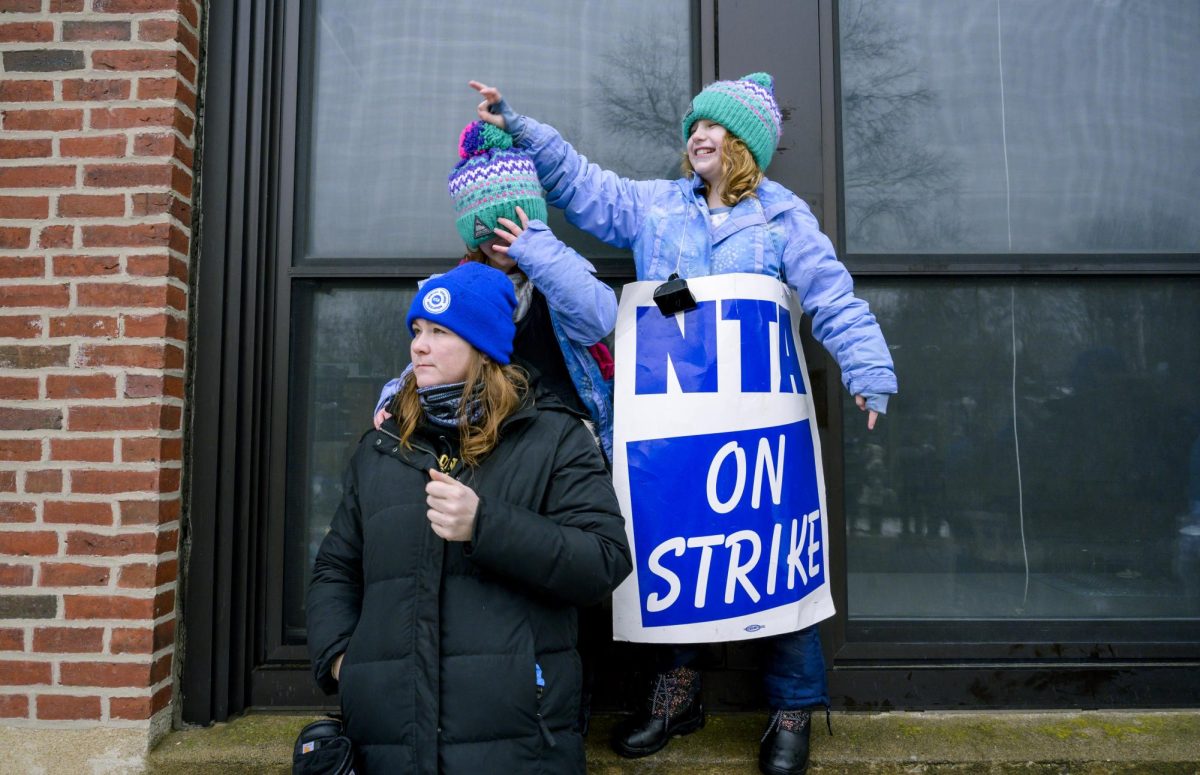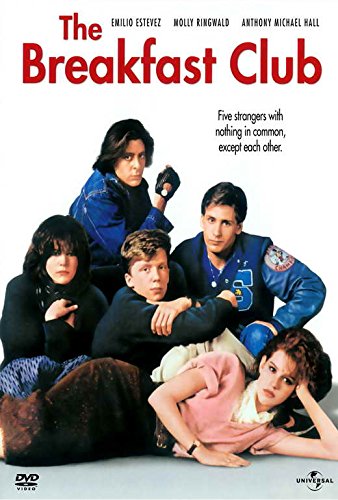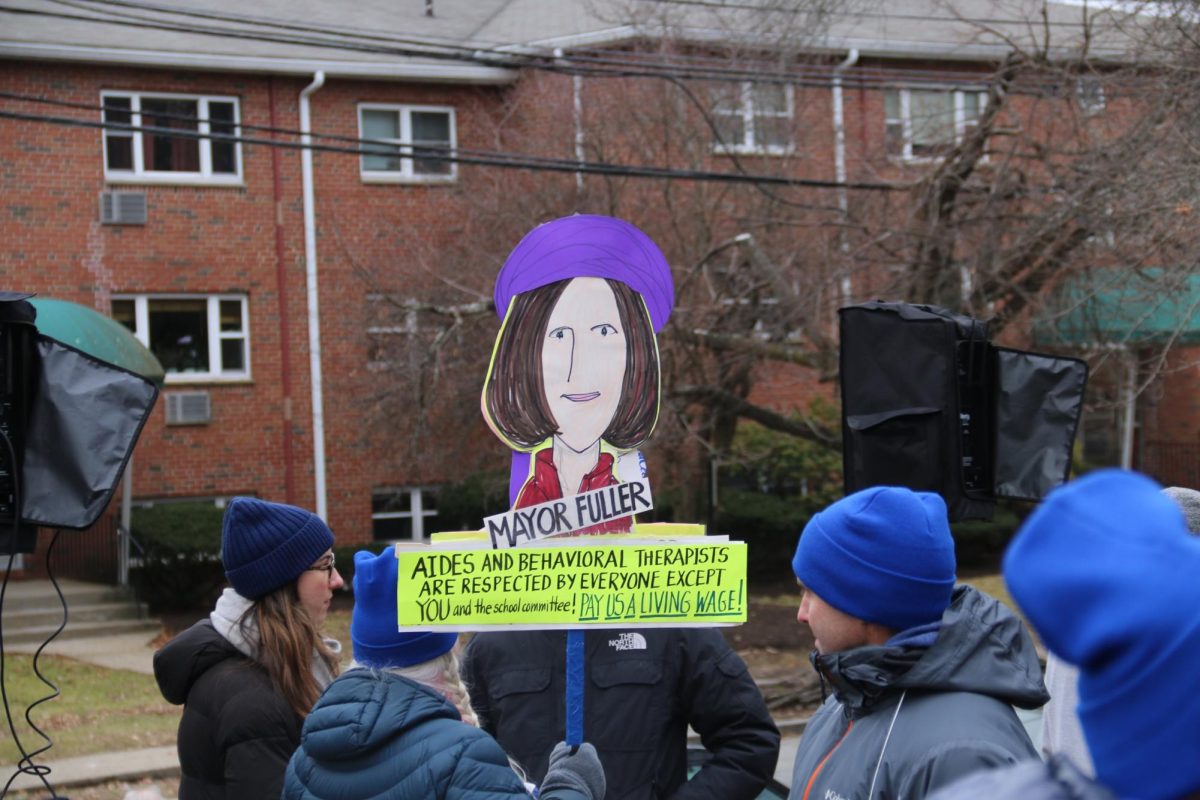
Yes: We should have club fees.
by Alex Feit
I don’t like club fees.
I wouldn’t think anyone truly feels ecstatic about giving $150 to Newton Public Schools (NPS) for the privilege of joining a school activity—after all, clubs have been free before, so why should that change so suddenly? Don’t fees discourage students from participating in extracurriculars?
Yet those against club fees cannot solely rely on the argument that we should not pay the “tax” because it is too burdensome. There are much deeper issues at hand that I believe should be taken into account in this debate—the issues of fairness and who pays for whom in NPS.
Simply put, NPS should charge a fee for students who participate in clubs, which are voluntary activities at this school, so that others do not subsidize them to do so.
As it stands, school-sponsored clubs use resources at this school in order to function. The clubs occupy classroom space after school, including the various utilities which are included in these rooms, and NPS pays teachers or other responsible adults to act as club advisers. Club participants would also have to be protected under NPS’ liability insurance.
However, if students had not been required to pay club fees, these students would essentially have been given a free ride to participate in these activities. In essence, students within the school system who chose not to engage in extracurricular activities would have been indirectly paying for others to have that privilege through general taxation. We do not expect other students to pay for participants in the athletic programs or Theatre Ink, which use school resources—the same principle should be applied to other clubs.
Especially since NPS has been trying to recover from a $4 million budget deficit, the school system cannot afford to allow students to continue using certain school resources for free after school. For voluntary programs such as clubs, participants should help pay for what they take out of the school system.
There is certainly room for debate as to how these clubs should be taxed and what exemptions NPS might make. Kristian is correct that certain clubs at this school, such as fundraising or volunteering clubs, do give back to the community, and students should not be discouraged from participating in these specific groups. I believe that such types of clubs should be exempt from the fee.
Moreover, NPS offers financial aid to those who cannot afford the fee, which is a good thing—for people who are absolutely unable to pay, money should not be a factor in a decision to join a club.
At the same time, we should understand that clubs do use school resources—as such, if there is a need for Newton to raise more revenue, it should primarily fall on on those who would otherwise be using free services.
The fact is that the very definition of extracurricular—outside of the normal curriculum—stipulates that these voluntary activities are beyond the normal scope of regular required schooling. Since people have an external choice on whether or not to attend extracurriculars in the building, unlike their daily classes, the primary burden of cost should be on those who elect to participate in these activities.
Let’s suck it up and pay the club fees. Don’t make others pay for our choices.
No: We should not have club fees.
by Kristian Lundberg
To explain why I oppose club fees, here’s an analogy.
Seniors who score in the top 25 percent in the 10th grade MCAS received a letter this summer from the Massachusetts Department of Education, bestowing them with the John and Abigail Adams Scholarship. Supposedly the award generously covers the complete cost of tuition at a Massachusetts public university, but in reality it pays for only $1,700 of the $20,000 it costs to attend a UMass-affiliated college.
The reason? While tuition to one of those schools is indeed that inexpensive, the additional fees are most definitely not. The most egregious fee scholarship winners were expected to pay was a $8,000 “curriculum fee,” though most colleges call it what it truly is: tuition.
Club fees are equally ill-advised. They are fees instituted to replace higher taxes, or fewer programs, or other things less digestible to the general taxpaying public than paying extra for clubs. They tack on an additional cost that has yet to be effectively collected. Most importantly, they act as deterrent against trying out an activity. For those who raise money for their clubs by hawking candy or holding bake sales, it acts as a punitive measure, a reason not to raise money and not to participate in their activities.
Alex contends that club fees are justified because they pay for an optional service the school provides, and only students who participate in these clubs should be forced to pay for them. Of course, the first and biggest optional service the school provides for is, well, what we consider school. Others’ tax dollars pay for the classes their children don’t take, the teachers they don’t have, the educations of students they don’t always see in the halls.
Yet we all pay for them because we believe that while these opportunities may not benefit us specifically, they are vital for our community as a whole. Even if we choose not to take specific classes or try specific extracurriculars, we still want them to be there. Clubs should be available and free, for the same reason.
Therein lies the biggest problem with club fees. Arguments in favor of them invariably cite the need to pay for the space, electricity, materials and advisers that this school provides. But one of the worst-kept secrets about these fees is they don’t pay for those costs, and we already do. While club fees are used only to patch up the school system’s budget deficit, we pay by giving back to the community the fruits of our labor, the end products of our respective clubs, the goals and projects we pursue Mondays and Thursdays during those fantastic (and still free) X-blocks.
We pay in the $75 it costs to participate a Model UN conference, the $10 it costs to buy a coffee mug from Future Business Leaders of America and even in that dollar for one of those candy bars. We pay by supporting, improving and diversifying this school and by making it a better place for learning. We pay enough already.
Click here to read the last installment of Argument Clinic.
[polldaddy poll=6743103]














































